|
It was November 2018, and I was headed to Egypt for the 14th Conference of the Parties (COP-14) of the United Nations Convention on Biological Diversity (CBD). This would be my first time to Egypt, but not my first time overseas, or in the region. I was headed there for three weeks, followed by another week in Vancouver, B.C., where I had to attend class for my MBA degree. It was insane, and some people thought I was crazy for doing so much in such a short span of time. I regret nothing. For those of you who don’t know me, my name is Joseph Tootoosis. I was born and raised in Saskatoon, SK, and am a citizen of Canoe Lake Cree First Nation in north-western Saskatchewan. My academic background is in political science from the University of Saskatchewan, and a Masters of Business Administration in Indigenous Business and Leadership from Simon Fraser University. My professional background is based in First Nations lands, resources, and environmental stewardship. This is what led me to the UN Convention on Biodiversity, and where I met other founding youth members of what is now the Canadian Youth Biodiversity Network, as well as other youth from chapters across the world. My first experience was in July 2018 in Montreal, QC, and later in November 2018 in Egypt. To preface this experience and what I was walking into was a somewhat dangerous country for westerners; on the Canadian delegation we had received a presentation and instructions from the embassy on things to avoid and the potential risks. It was not my first rodeo but safety would come first; a few years prior I had travelled to Israel and Palestine in one of the most dangerous places in the world, but I admit I felt safer than in many places in my own country and my own hometown. This past experience gave me the confidence that with the right amount of research and caution, I could give myself the best chance to experience a different culture, have what I figured was most likely a once in a lifetime experience, and of course to be able to have fun. The place we were headed to was Sharm El-Sheikh, Egypt. This was a tourist destination in the country on the Sinai Peninsula next to the Red Sea. One of the things I had found out about this place was that in 2004 there had been an air plane taking off for Russia that had exploded because of a terrorist attack. This somewhat gave me the chills, but I was assured it would be safe and that we would be well protected by the Egyptian government and their military, which was the case----they kept us very safe. My passion for environmental conservation came from a young age. I still remember learning in grade 6 (11 years old) what composting was, and that it can be used to reduce the amount of organic waste in landfills, and help reduce greenhouse gasses. Composting food scraps rather than throwing them in the trash was something I misheard or misunderstood. After school I got home and I took all of the garbage and spread it across the front and back yard so we could have a better lawn and reduce waste. My father came home and was absolutely irate that trash was all over the yard. He came through the front door as I was watching TV and said “Who the heck threw our trash all over the yard!” After finding out it was me, (I admitted to it) he told me to get out there and pick it all up. Throughout my academic and professional careers, I have always sought to protect the environment, and to find ways to help protect the rights of Indigenous lands and the traditional uses of bio-resources (this is in article 10(c) within the convention which is considered international law). What I learned through this experience is that Indigenous Peoples across the globe have better track records of conservation practices and environmental protection than governments do. This should not come as a surprise now to people, but many would be shocked to learn that many government practices are not only harmful to the rights and livelihoods of Indigenous Peoples and Local Communities, but throughout history have produced human rights violations contributing to cultural genocide here in Canada, and that even now have been counterproductive to the intent of protecting lands, waters, plants, and animals. When I had the chance to meet other likeminded people from around the world, I had not been privy to the amount of danger that many people face to protect their lands and wildlife, some to the point of dying from assassinations----I had to do my part, and without having to fear for my life at home, 3 weeks should be easy. Upon learning this a few months before Egypt, I then had little fear of the trip because of what others are doing around the world. I also remembered riding in the car with my late father who was a lawyer, when the United Nations Declaration on the Rights of Indigenous Peoples (UNDRIP) was finalized----and he cried; he told me that this would be one of the ways we would be able to right historic wrongs, and get our rights back. UNDRIP also has several articles that are overlapping with the CBD and its objectives. I was also very heartened to hear from the other people in the Indigenous Caucus at the CBD that they had worked on UNDRIP in the drafting stages, and they encouraged me to help carry that on for our generation, and help others to do the same. The Way There/First Week On the way to Egypt I was travelling from Ottawa, Ontario, where I lived and worked at the time. Our first stop was London, England, in the United Kingdom. My Director who I was travelling with had been there before, and we had an overnight flight so we were able to walk around the city for a few hours and see some cool spots. It was an experience riding the London tube, seeing Big Ben, The London Eye, the River Thames, the British Parliament, Buckingham Palace, Trafalgar Square, and stopping at a legit British pub for a pint before going back to Heathrow Airport. Our next stop was in Istanbul, an airport that I had been through 2 years prior. Due to travel arrangements I continued on alone to Egypt and arrived in Sharm El-Sheikh at about 3 am in the morning. I was exhausted and couldn’t wait to get to my hotel. I happened to be in a shuttle with about 9 other people, all from different countries and staying at different hotels. We also had a driver who spoke only Arabic, but we all helped him to navigate with our GPS. I finally checked in around 5:30 am, but could not fall asleep until about 8 am. The next day was a prep day where I was able to catch up on sleep, check emails, meet my colleagues on the Canadian delegation, and then wander the resort for a bit. Later that evening a few of us went to dinner together at a lovely restaurant close to water, where the owner was jokingly but not jokingly asking me to come back and meet his daughters to marry one of them (I was one of the youngest guys on the team at this time at 28 years old). I jokingly said I would, but of course I was far too busy working to be looking for a wife; it was still pretty funny though and made everybody laugh----I don’t mind getting picked on a little bit. Anyways, the culture, or at least the food was similar to what I had experienced before in Israel and Palestine, which was unreal, but with several differences that were both unique and very cool; I was also told that Sharm El-Sheikh is very, very different from the rest of Egypt, and that it was one of the few places alcohol was served for tourism. Every place that I had went, there were friendly people who had been more than welcoming in the restaurants, shops, and on the streets. Prior to the opening ceremonies of the conference we were all told that the Egyptian president would not be present for the opening ceremonies, which was something usually attended and addressed by the leader of the host country. The reason why I was told this was that this president had so many people who wanted to get to him. Whist wondering whether to go or not, we were told last minute that he would be there. I was going. While getting into the conference, it was the most security I have ever seen in my life. I had to go through 3 levels of security and wait in a huge line. It took me about 40 minutes to get into the conference. That was when I realized how serious the existing conflict must have been in the country. I also had wondered why there were so many walls around the outside of the town with turrets at certain points, and was told that those were for safety (gunners/sharpshooters) if needed. It was pretty sobering, and safety and security should always be a concern for those of you who have the opportunity to attend these meetings----yet do not be discouraged. Field Trip to the Red Sea One of the highlights of the trip was a field trip to a national park called Ras Mohammed. It was a protected area on the coast of the Red Sea. The trip was to include about 5-6 charter busses from the convention to the area which was about 40 minutes away, and to spend the day in the company and hospitality of a local Bedouin tribe. The food was absolutely unreal, and so was the coffee and tea. The hospitality was second to none, and so were the views. This was the thing I absolutely did not want to miss. I missed the bus. I forgot my security badge in my hotel room and had to go back for it. My boss got on the bus and messaged me that they had left. My heart absolutely sank. In our instructions we were told not to take taxi cabs in case of possible abduction. At first hesitating, I hailed a taxi. I saw others take taxis so I thought I would be safe. I asked the driver if he knew where I was supposed to go, and after confirmation I hopped in and noticed we were going in the opposite direction driving towards the mountains. I was like “Oh my God this is it. This is how it ends.” But, I also want to say that my fear was unnecessary, and this driver turned out to be a beautiful soul and went out of his way to help me. I then shortly realized he was just taking a loop to get onto the highway and we were up and away. I was so relieved but then also realized that I was not going to have cell service so I wouldn’t be able to contact anyone to find out where they were. I said out loud “Ah man I am not going to have any wifi!” The driver turned around and said “You need wifi? Here you go.” He handed me a portable wifi device and I was again relieved and he kind of laughed at how stressed out I was. I showed up to the park and we soon found all of the busses, but another barrier presented itself. Soldiers in tactical gear and vehicles had set up an escort and perimeter for the group, and I couldn’t get past them, even after showing them my UN security badge. I walked back to the taxi and I wasn’t sure what I was going to do. I paid my taxi driver $100 in US dollars, which was about $1400 Egyptian pounds at the time, and I told him I would just stick around and wait until someone came to help me. My new friend Eva who was helping facilitate the tour was there and saw me. Still my guy turned into my translator to the soldiers and they let me pass; the driver then struck a conversation with one of the soldiers and they lit up their cigarettes. At this time I didn’t even smoke, but I had just gone through this ordeal, and I thought why not? (I do not encourage smoking by the way). Some of the people in the group who I knew were like “Oh my God you’re crazy!” I was just like “Hey, you just gotta do what you gotta do.” My boss also thought I was a bit nuts but I think he respected the effort. 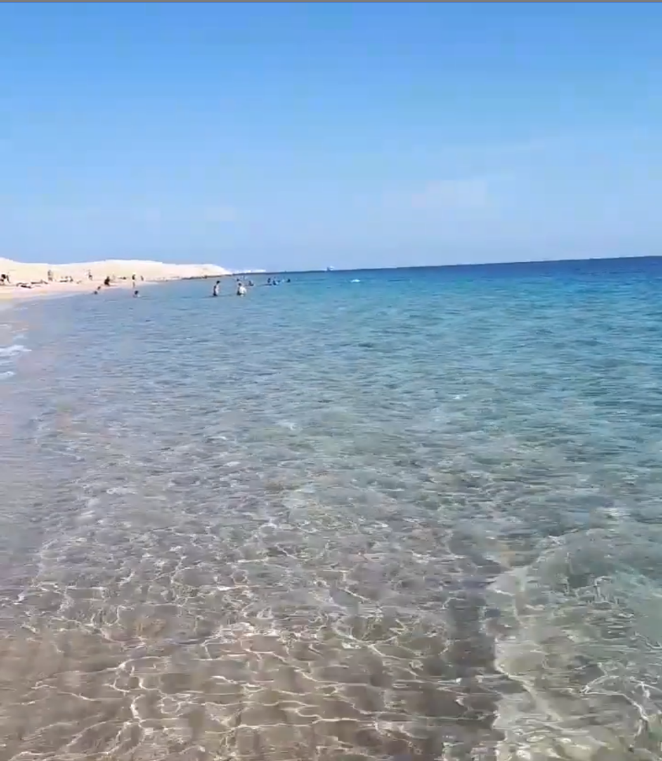 The Red Sea. The Red Sea. In the rush I was in I didn’t bring as many things as I should have, but still I walked in the Red Sea; it was the clearest water I have ever seen in my life and it was so peaceful to chill by the water and chat with other like-minded people from around the world. It was a very beautiful experience. We stayed until sunset, and what capped it off was watching the sun set over the water and the bay just as a full moon was coming up over the mountains of the Sinai Peninsula. I honestly didn’t even want to take a picture, because all I wanted to do was be in the moment and remember everything about it----The view, the wind, the smell of the sea, and how I felt at that moment. This was one of the most beautiful experiences I have ever had and it was totally worth bending the rules a little bit to get there. Nature and Culture Summit The serenity was short lived however. I had to get a good sleep for the next day, because I was presenting alongside my director on Indigenous Protected and Conserved Areas to everyone who attended the Nature and Culture Summit. It was nerve-racking but a very cool experience. Up until this time I had done a lot of public speaking. We gave a great presentation and I felt like a rock star (exaggeration) for a little bit before then heading back to the resort and chill by the pool (not an exaggeration). My mother says that I am like Forrest Gump, and for good reason. Early in this stay (about 3 weeks), I had woken up one day and had SO many bites on my arms and legs. I got super nervous and thought that it was due to bed bugs and I panicked. I still threw on my suit and went to the meetings, but I had showed my boss the bites and he cringed. I had asked him if I should go to the hotel and notify them, so he excused me for the evening. I had quietly asked for the manager and showed him the bites discretely so as not to start a panic at the resort. They had told me that they were mosquito bites and that there was no problem. I took their word for it because the mosquitos over there are quite different than ones here in Canada. The ones here buzz pretty loud, but the ones there were like little silent kamikaze mosquitos that you didn’t feel on your skin until later on when the bites started to itch. I was just about to turn out the lights and go to sleep, but the manager had ordered his guys to upgrade me to the nicest room in the resort that was beside the pool. My room was bigger than the Canadian headquarters room that we were using every day, and bigger than my last apartment. They also took all of my luggage and clothes to have them washed and dry cleaned---these guys took their jobs serious and didn’t even let me raise a finger. I had nothing on except for my shorts and a T-shirt and they drove me in a golf cart to my new room. The next day I had thanked the manager and told him it wasn’t necessary, but I was very thankful and absolutely appreciated it. For a couple weeks I got to live like the Pharaoh (exaggeration)---but this room had a huge TV on a swivel, a very nice living room, fridge that was constantly stocked with drinks, a King sized bed, a huge bathroom that was about 4-5 times the size of a normal hotel bathroom, a huge closet and wardrobe, laundry service, and my front door took me right beside the pool which was also huge, and next to the walkway that led to a little island bar in the middle of the pool. I now had the best room, and some of my friends there thought it pretty hilarious because I was one of the most junior people there. When I told people where I was going and what for, I know a lot of them thought it would be like a vacation to go to Egypt. The reality is the days were so long. I was usually working every day from when I woke up until I went to sleep. At certain points there are negotiations on important pieces that you are assigned to monitor, which can go early into the morning hours. The longest session I was in lasted for 11 hours straight, and this didn’t count the work I already did earlier in the day. What made up for those were some of the evenings and days off that we got to explore. I met a lot of new friends, and this was where I also met Kelsey, another founding member of CYBN, and member of the Canadian delegation. Being a part of this experience led to new friendships and an expanded network. Being a part of the Canadian delegation was the most fun experience I have had while working. In fact, it was actually so fun for me that I forgot I was working myself like a madman to do a good job. It also led me to the friends I made who had helped to create CYBN, and also be a part of other similar initiatives here at home in Canada. I began to really admire the people and the work that was put into what we did at COP-14, and the openness and inclusion for Indigenous Issues, which is why I was there. Besides the around the clock work, my typical day included waking up, meeting for breakfast, a Canadian delegation morning meeting/update, meeting with the Indigenous Caucus, attending the meetings I was assigned to throughout the day, and provide analysis, advice, and monitoring of my assignments. Evenings usually consisted of meeting for dinner with colleagues and friends at different spots, getting out for an adventure if your work for the day is done, and lots of nights ended with playing Uno cards with some of the delegates who kept destroying me (I didn’t win once). Also one of the funny stories is when I tried to take coffee for the day in my metal water bottle (there were no mugs, and coffee was a must). I quickly remembered that metal is a wonderful conductor of heat, and the coffee was honestly so hot whenever they made it, that it would be like lawsuit temperature hot here in Canada. I couldn’t even hold the bottle and kind of burnt my hand----I wasn’t able to drink it at all for like an hour and a half to 2 hours and I was dying from tiredness. Oh well. Winding it Down Many of the delegates and attendees didn’t stay for the entire 3 weeks, but I did. I was there 2 days before it started, and 1 day after it ended. As things were winding down at the end for some folks, mine were actually ramping up. I was assigned to the Post-2020 Framework, and to monitor all of the negotiations until the very end (it was the last thing to wrap up). I was able to go out one last night for dinner and shopping, where I bought gifts for people back home and back at work. One of the things that people forgot, and I also did at times, was that I still had a week of class attendance in Vancouver, B.C. for the legal portion of my MBA. It kind of gave me anxiety, but being so busy all of the time kept my mind off of it enough to be able to focus on the task at hand. If I had any time in the evenings, I would be reading and chipping away at assignments. I also watched a lot of James Bond movies because there was only one English channel and they were having a marathon. At the end of it all it was a great experience that changed my life and inspired me a great deal. If you are thinking about joining the Canadian Youth Biodiversity Network, I think you will find it rewarding in finding like-minded people that are passionate about working for the youth voice in Canada. Canada is one of the most unique countries, governance wise, in that there is such a diversity in geography, regional identities, legal jurisdictions, and Indigenous nations around the country. To put it in perspective, there are 3 territories, 10 provinces, and between 40-60 Indigenous language groups/nations across 634 First Nation communities, and the Inuit and Metis peoples, all with their own legal frameworks of operation which affect conservation policy implementation. Having the chance to have CYBN be a conduit for finding innovative ways to practice reconciliation in Canada would be a great attribute of CYBN, and has great potential for driving the Post-2020 Framework of the CBD. If you have questions feel free to reach out through social media and the website, and if I can I would love to help out! Everybody stay safe, and my best you and yours. I look forward to getting to know you all better as we grow. Peace and Love! Written by: Joseph Tootoosis
3 Comments
Connor Jhagen
7/2/2020 01:46:21 pm
I really enjoyed reading this! that’s awesome that you had the opportunity to do such things.
Reply
6/9/2024 05:48:44 am
What is an anime you loved and rewatched several times but will never ever tell anyone you loved it more than some of the well recieved socially accepted animes.
Reply
Leave a Reply. |
AuthorWrite something about yourself. No need to be fancy, just an overview. Archives
October 2021
Categories |
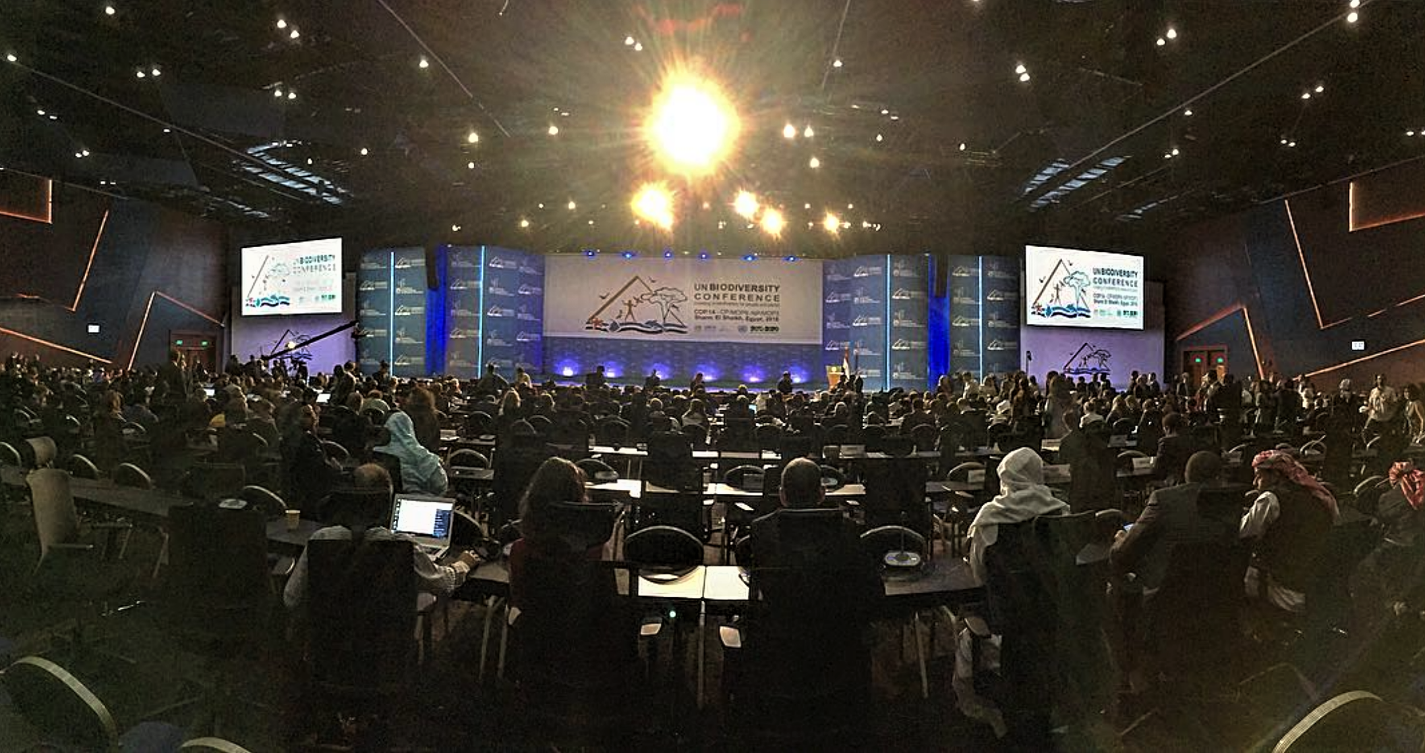
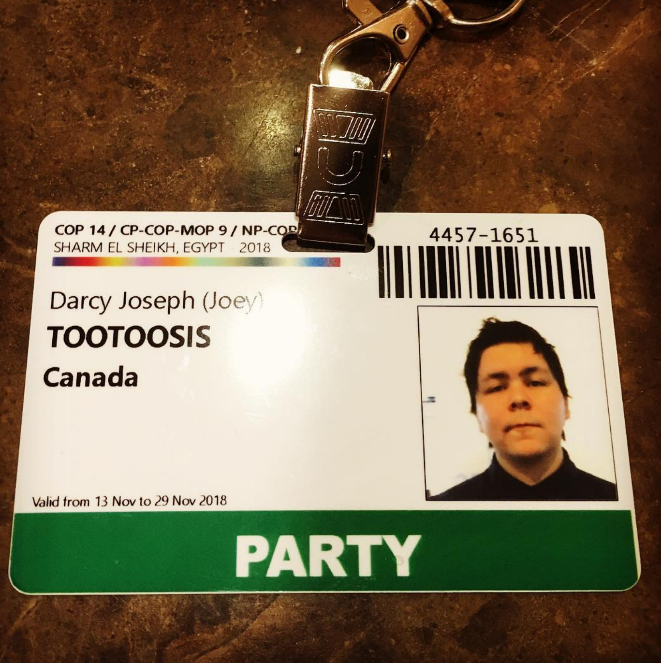
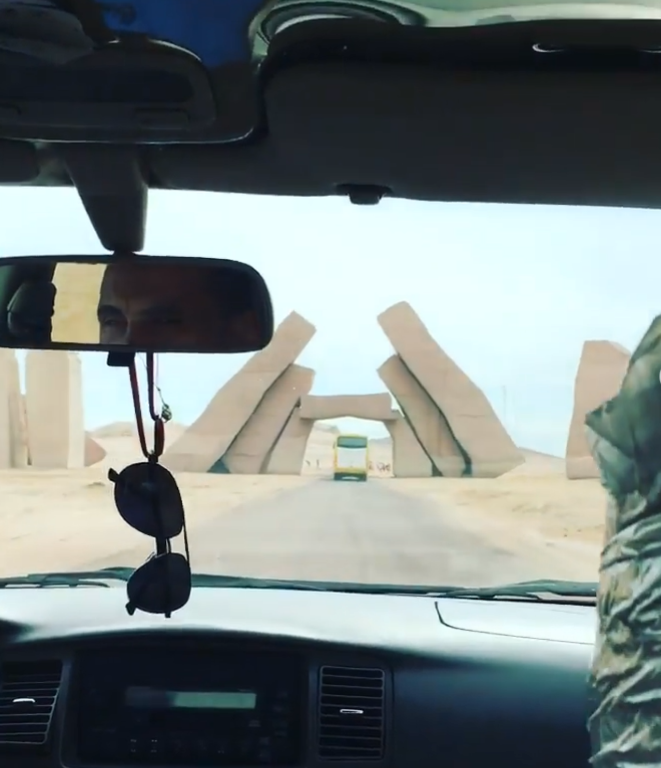
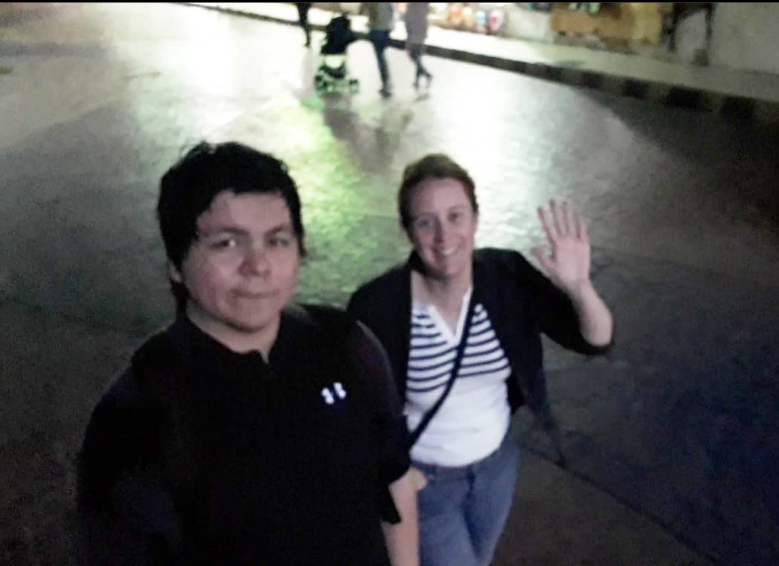
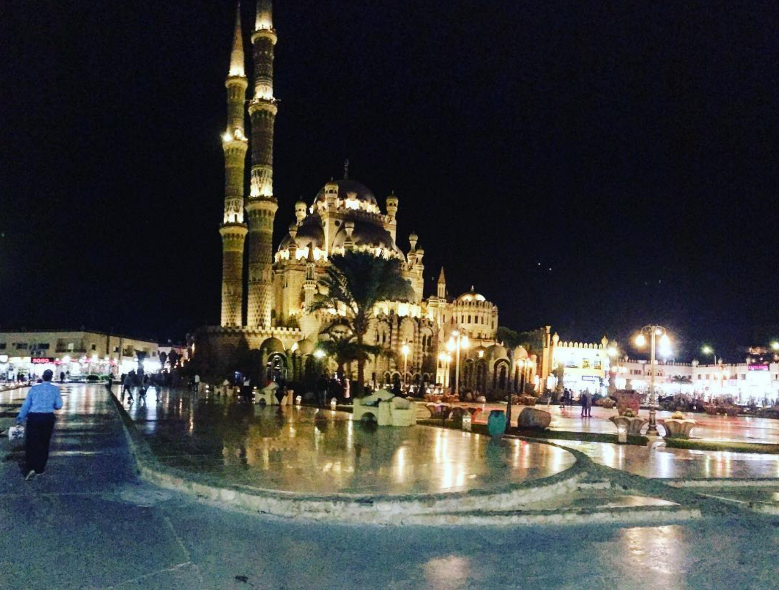
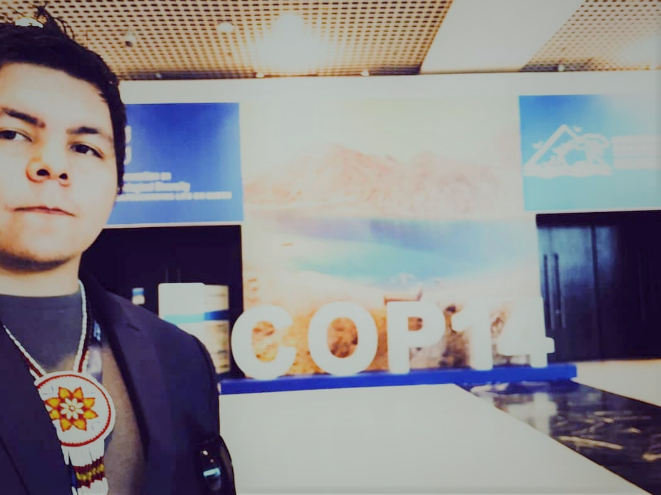
 RSS Feed
RSS Feed